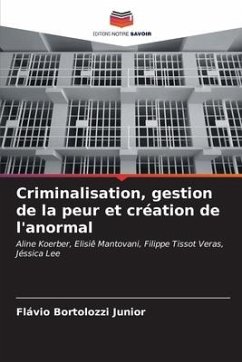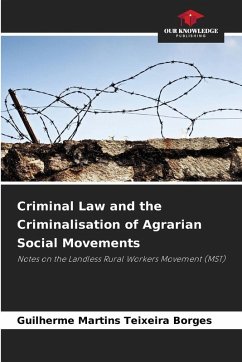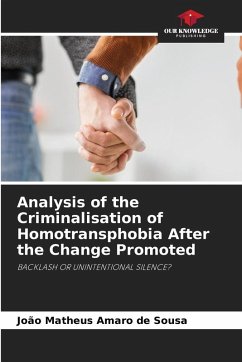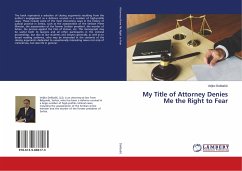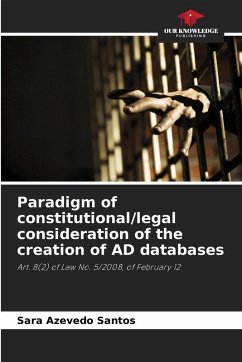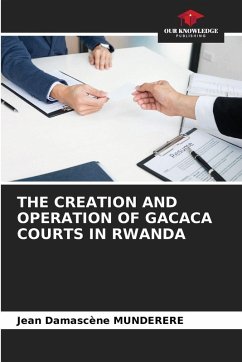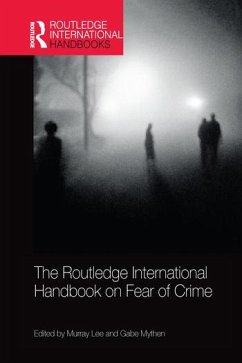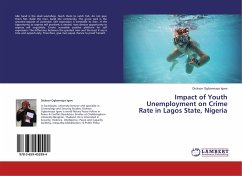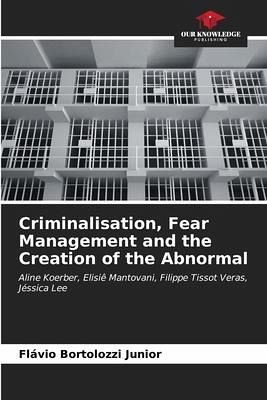
Criminalisation, Fear Management and the Creation of the Abnormal
Aline Koerber, Elisiê Mantovani, Filippe Tissot Veras, Jéssica Lee
Versandkostenfrei!
Versandfertig in 6-10 Tagen
27,99 €
inkl. MwSt.

PAYBACK Punkte
14 °P sammeln!
Understanding the workings of the criminalisation processes that guide the criminal prosecution system is a fundamental prerequisite for enabling alternatives to it. In this sense, it can be seen that the system operates through the discourse of fear, which allows the criminal justice system to be stepped up as fear is managed by the institutions of formal and informal social control. It is therefore interesting to note that this management of fear would not be possible without distinguishing between different categories of individuals, namely those who should be protected by the penal system ...
Understanding the workings of the criminalisation processes that guide the criminal prosecution system is a fundamental prerequisite for enabling alternatives to it. In this sense, it can be seen that the system operates through the discourse of fear, which allows the criminal justice system to be stepped up as fear is managed by the institutions of formal and informal social control. It is therefore interesting to note that this management of fear would not be possible without distinguishing between different categories of individuals, namely those who should be protected by the penal system and those who will be labelled as a threat to the former. In this respect, Michel Foucault's theoretical construction on the creation of the abnormal (and, consequently, the normal) is fundamental. In this study, we sought to better understand plural aspects of the functioning of the state's formal punitive system precisely from this Foucauldian abnormal-normal interpretative key. By using this method to analyse the punitive system, different articles (analyses) were produced, each with a specific focus, but sharing the same theoretical premises.



